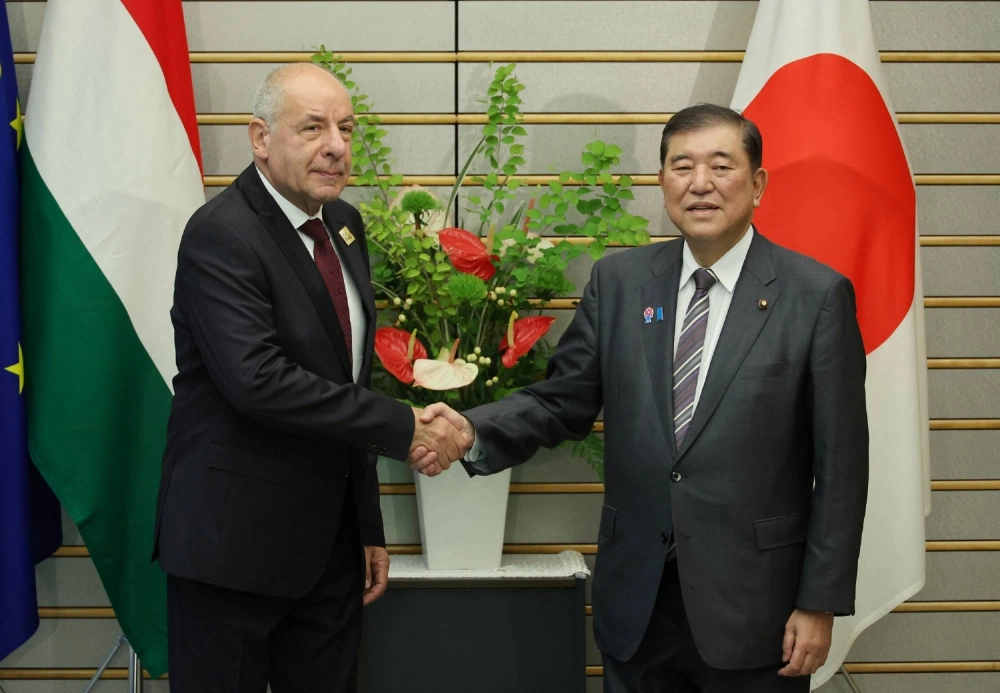Standing in Budapest's bustling Monori Center, which serves as the Hungarian capital’s Chinatown, the contrast is stark. Chinese electronics shops neighbor Korean beauty stores while BYD electric vehicles glide past restaurants serving authentic Sichuan cuisine. K-pop music drifts from a nearby cafe where Hungarian teenagers discuss the latest South Korean drama.
Yet amid this vibrant Asian commercial ecosystem, Japan’s presence is conspicuously absent. This void represents not just missed business opportunities but a fundamental strategic miscalculation as Tokyo struggles to navigate between Washington and Beijing while their strategic competition deepens.
The principle of seikei bunri — separating politics from economics — has been Tokyo’s foreign-policy cornerstone since the 1970s. This doctrine enabled Japan to maintain robust trade with China while anchoring its security to the U.S. In a world characterized by heightened great-power rivalry, this delicate balance is increasingly untenable. The Trump 2.0 administration’s transactional diplomacy treats allies as profit centers, demanding protection payments and threatening tariffs regardless of longstanding security commitments.


















With your current subscription plan you can comment on stories. However, before writing your first comment, please create a display name in the Profile section of your subscriber account page.